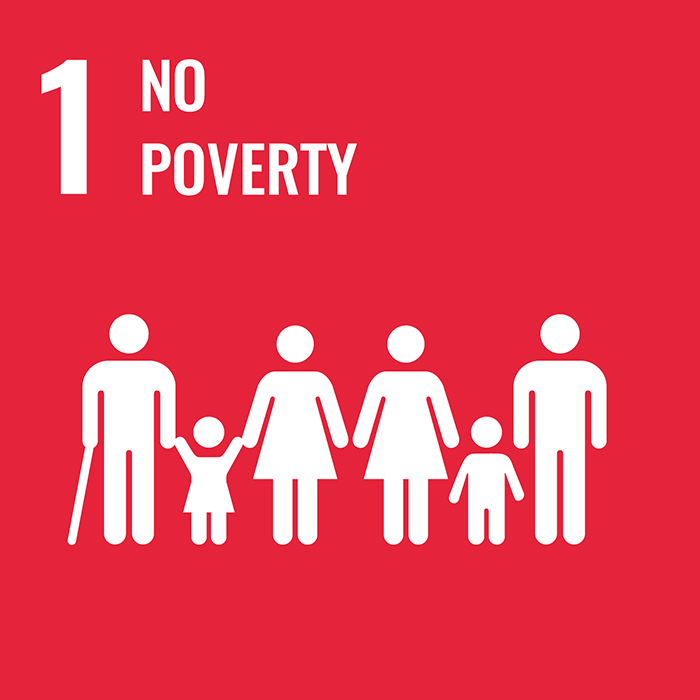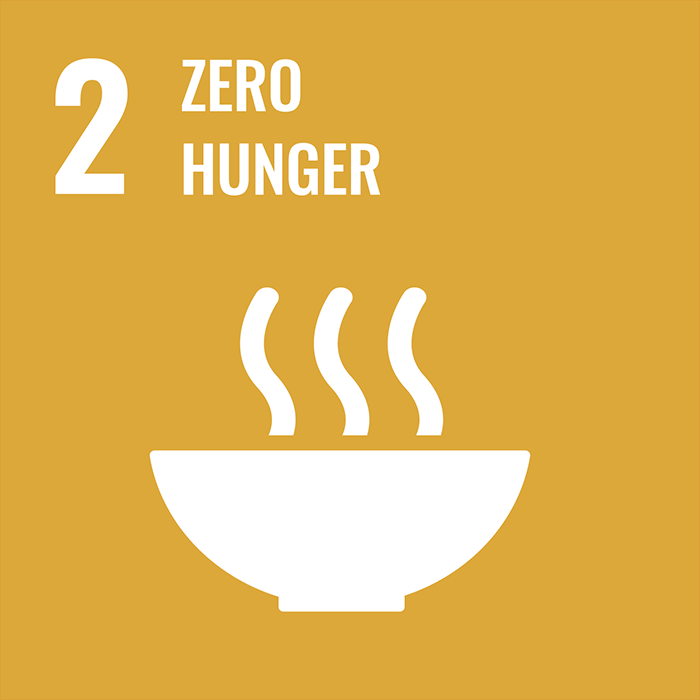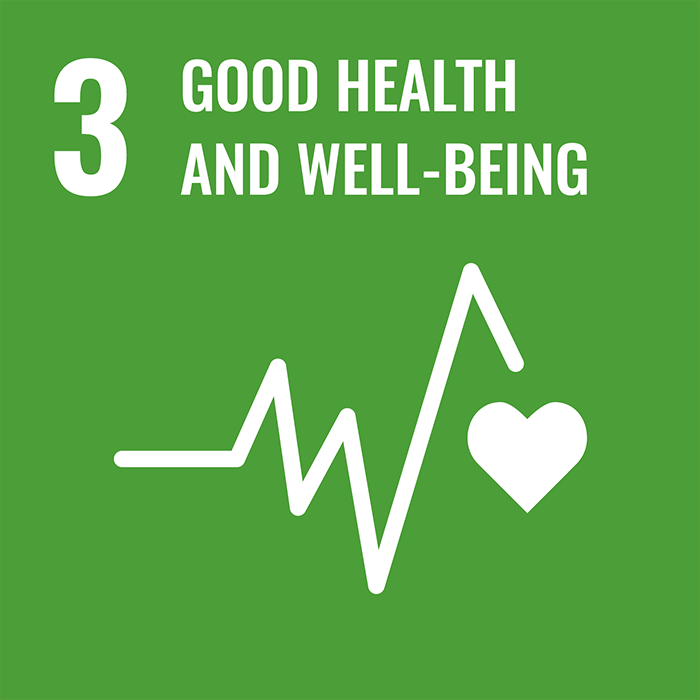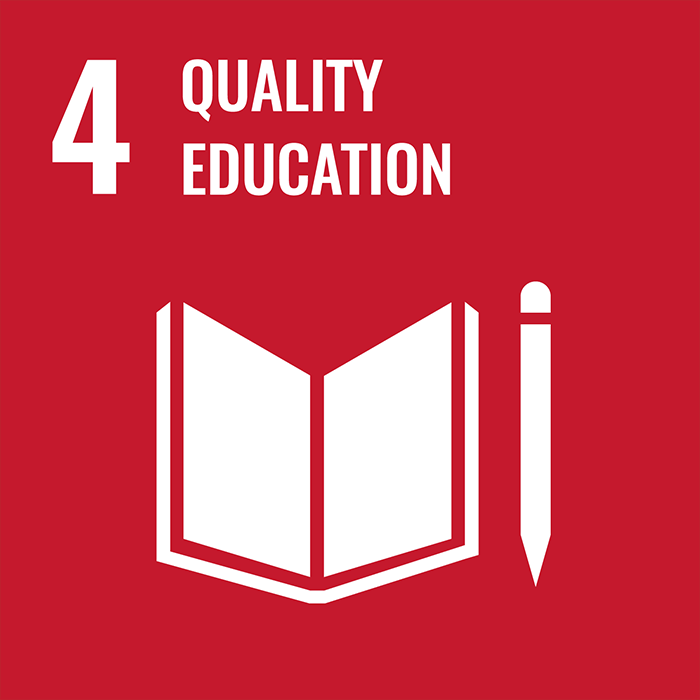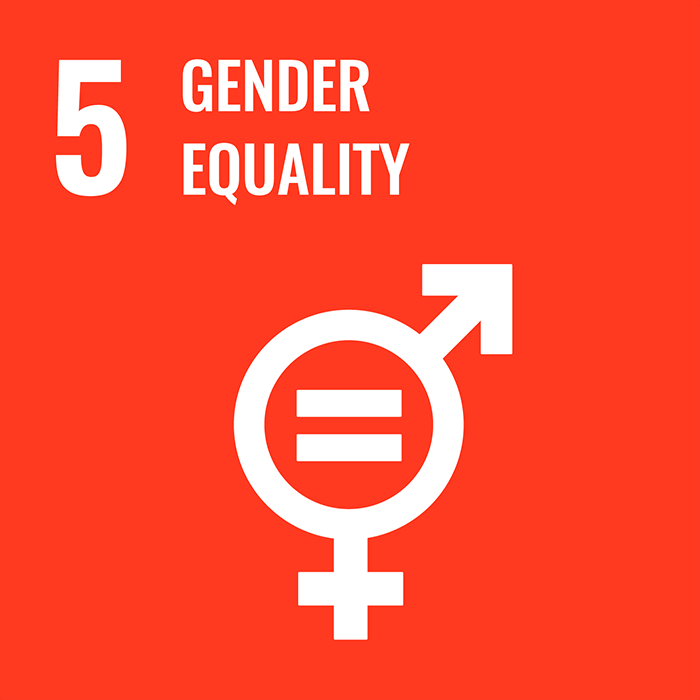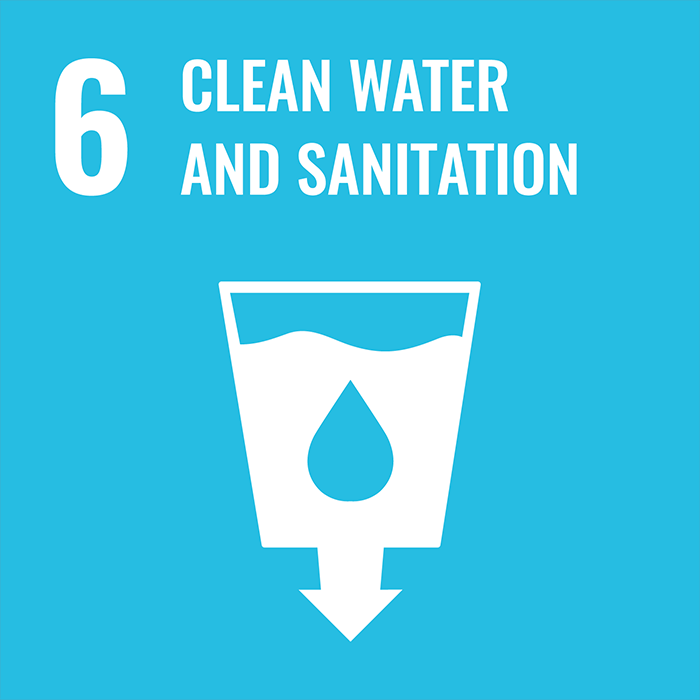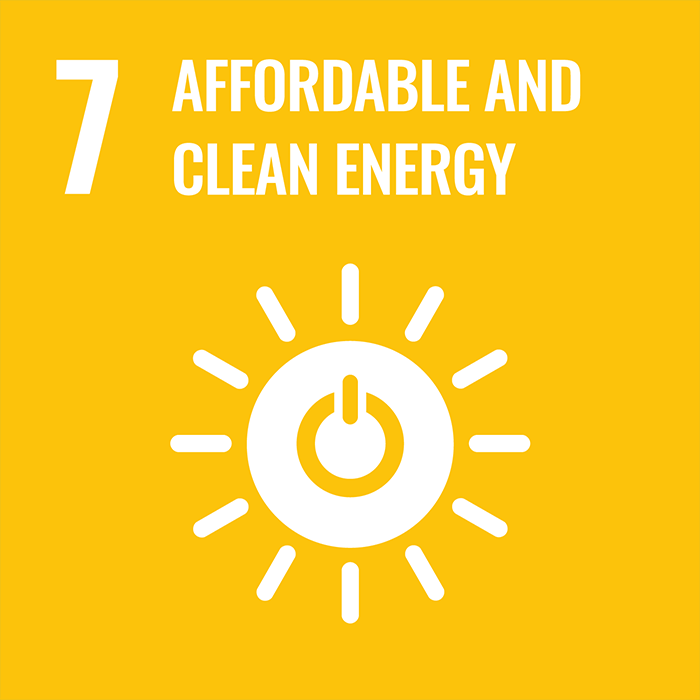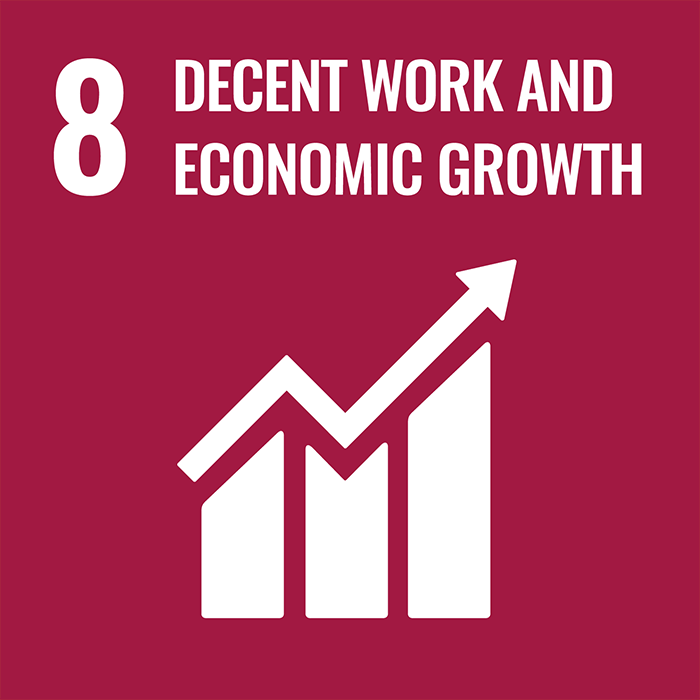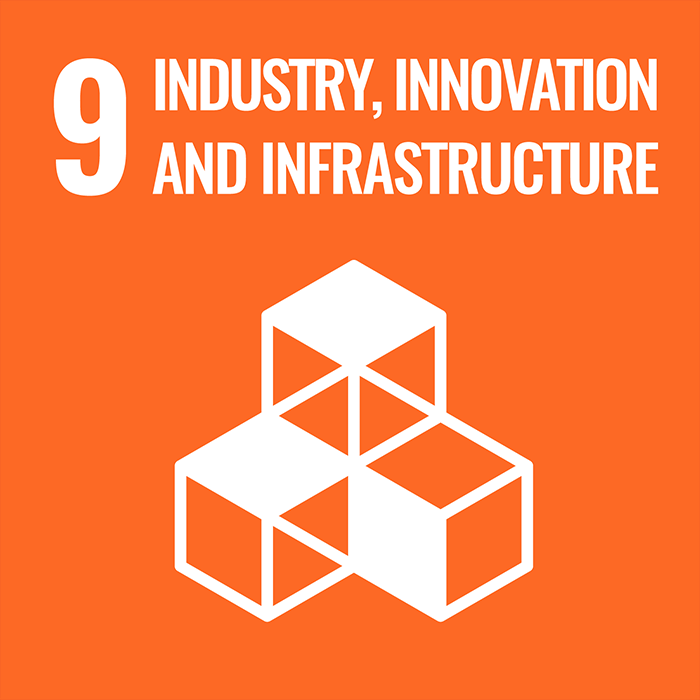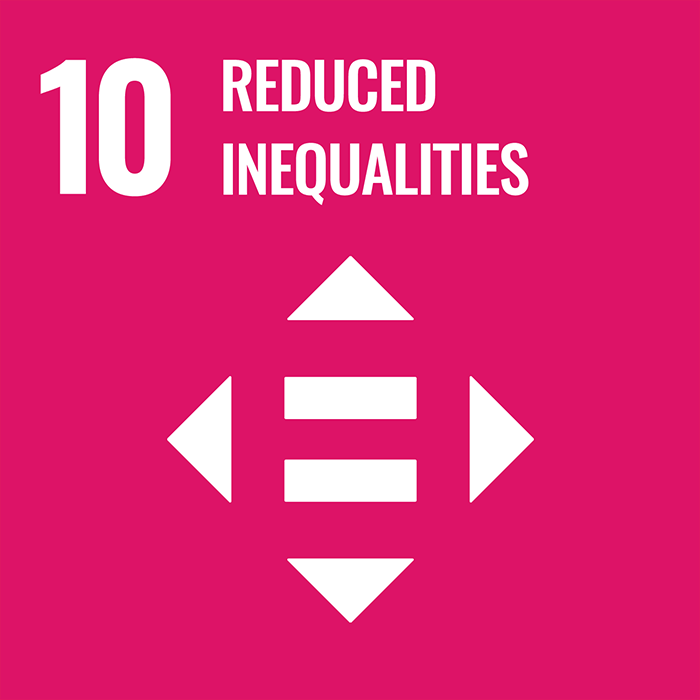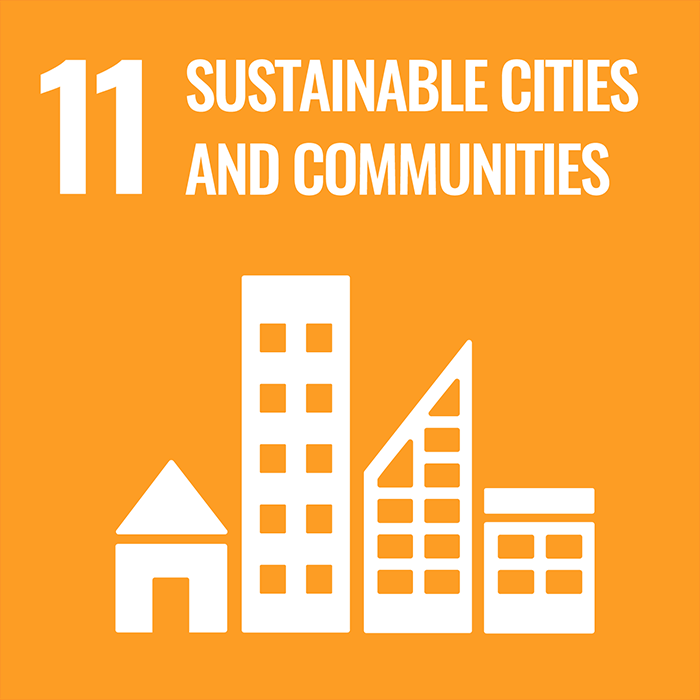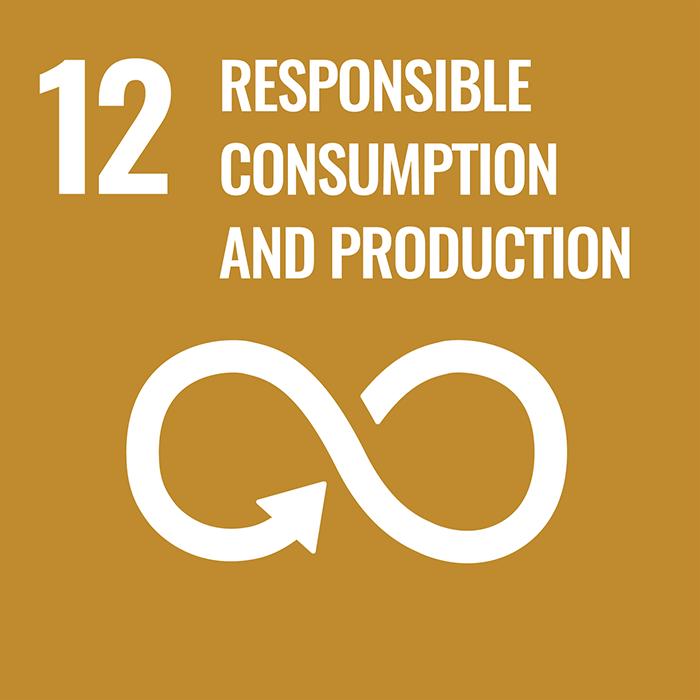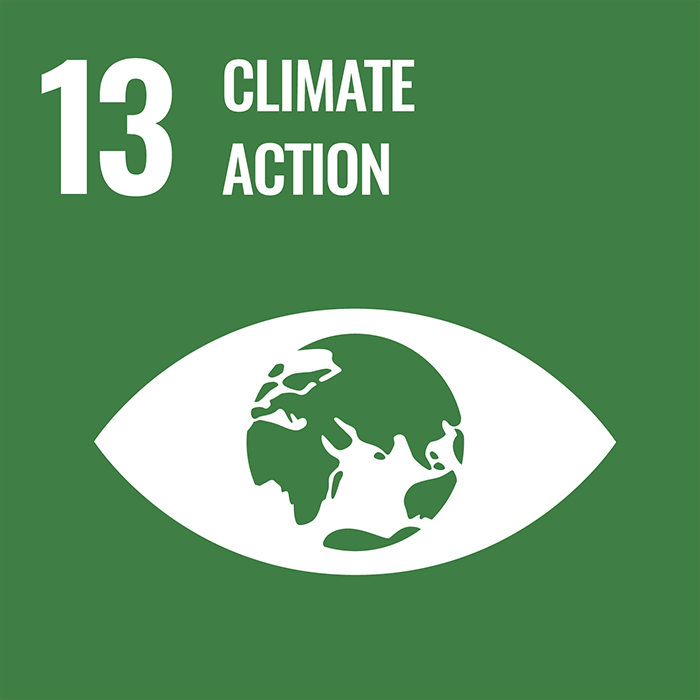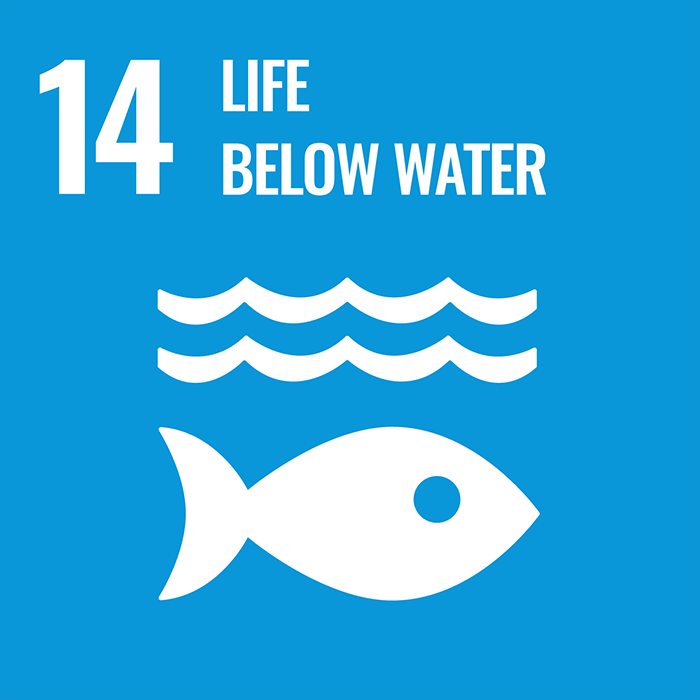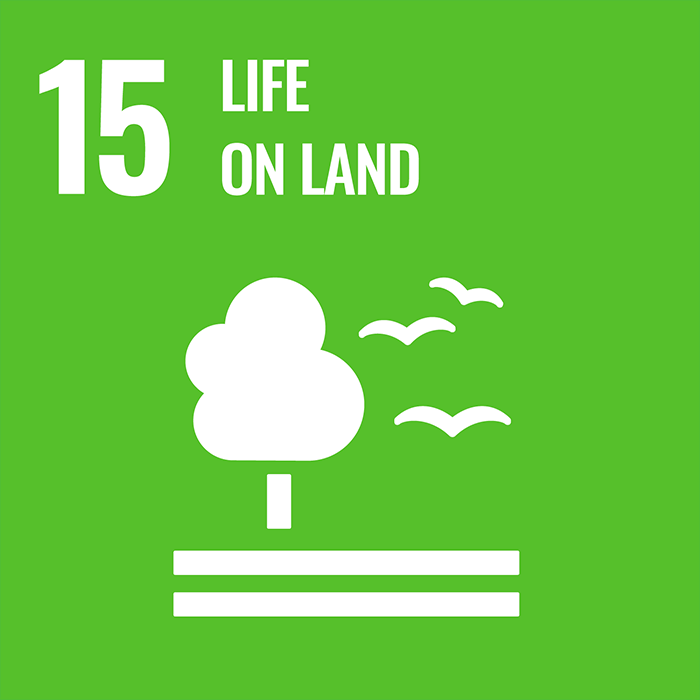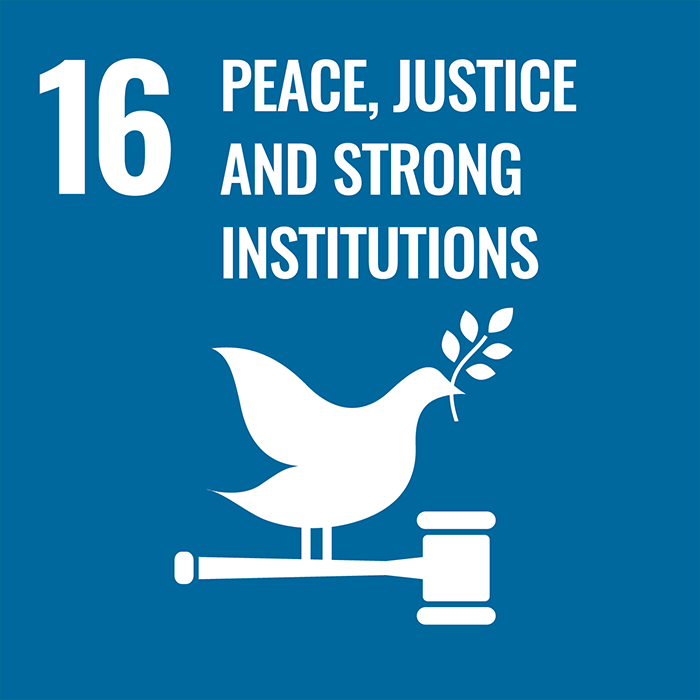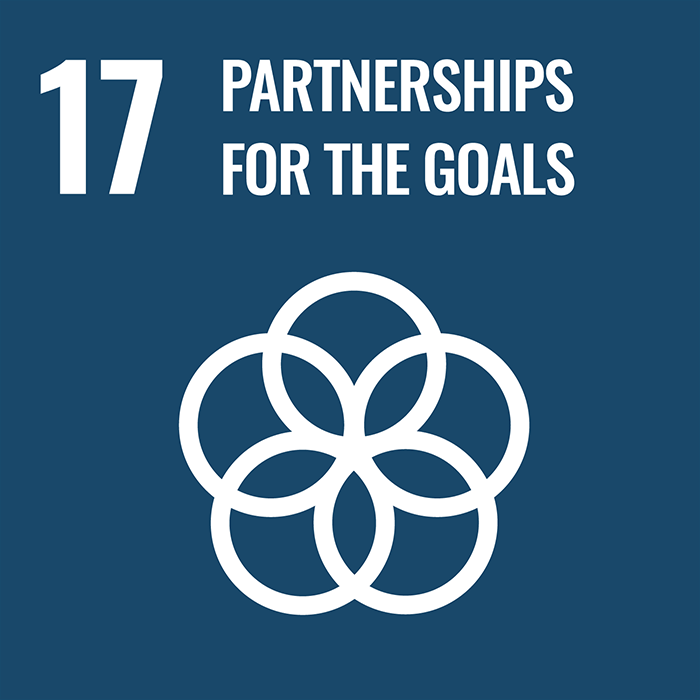Progress towards UN SDG 10: Reduced inequalities
Reduce inequality within and among countries
Our research

Racial diversity research led by Professor Nasar Meer has received Nuffield Foundation funding. ‘Contexts, outcomes and potential for national race equality policies in England, Scotland and Wales’ is one of four racial diversity research projects that have been awarded a total of £1.5 million to explore real-world challenges facing communities across England, Scotland and Wales.
Growing racial diversity and increasing racial disparities continue to bring both opportunities and challenges in Scotland today. The first grants from the Foundation’s RDUK fund will start building a cohesive portfolio of impactful research on racial diversity across the UK, spanning policy, social experience and systemic challenges.
The University of Glasgow's Top-Up Programme is a pre-entry initiative designed to support students from underrepresented backgrounds in their transition to higher education.
Learning & teaching

2025 sees the third intake of students onto the pioneering MA/MSc in Reparatory Justice delivered jointly by the University of Glasgow and the University of the West Indies (UWI) through the joint Glasgow-Caribbean Centre for Development Research.
The programme offers students an unparalleled opportunity to work with scholars in reparatory justice at Glasgow’s Beniba Centre for Slavery Studies and UWI. Students on the programme can pursue their studies at the University of Glasgow or the Mona or Cave Hill campuses of UWI.
The University of the West Indies continues to be at the forefront of the global movement, leading activism and academic research underpinning claims for reparations for slavery. The University of Glasgow offers access to primary source materials and material culture holdings. It draws on expertise across the study of slavery, genocide and human rights violations.
The programme continues the University of Glasgow’s work in its ongoing reparative justice programme which is part of the nine recommendations found within its Slavery, Abolition and the University of Glasgow report, published in September 2018.
University operations

The University of Glasgow's Top-Up Programme is a pre-entry initiative designed to support students from under-represented backgrounds in their transition to higher education. It helps students develop critical academic skills and introduces them to university life. The programme is aimed at students from approximately 100 secondary schools in the West of Scotland, particularly those from disadvantaged backgrounds, such as those living in areas of higher deprivation (SIMD deciles 1-4), care-experienced individuals, refugees, asylum seekers, estranged students and young carers.
Completion of the programme with strong performance (a profile of BBB or above) may result in an adjusted offer of entry to the University of Glasgow or other institutions.
Rainbow Office Hours is a low-cost, scalable initiative that creates safe, informal spaces for LGBTQ+ students and staff to connect. Launched in 2019 within one school, the initiative expanded University-wide during 2023–24. It now includes more than 30 staff across all colleges and professional services. The sessions coincide with LGBTQ+ awareness days and offer affirming support, distinct from counselling or academic advising.
Rainbow Office Hours challenge the assumption that personal and professional identities must remain separate. They provide a visible message to LGBTQ+ students that they belong. For many, these are the first encounters with visibly queer adults in leadership roles, helping them to imagine a future for themselves in academia and beyond.
Built on existing resources, the initiative is highly sustainable, cost-effective and transferable to other institutions committed to enhancing diversity, equality and inclusion.
Our work not only supports marginalised voices but also fosters a transformative campus culture that empowers everyone.
Find out more
Civic engagement

Young people from some of the city’s most deprived area have gained skills in creative arts and filmmaking while getting a taste of life at the University of Glasgow.
Around 20 young participants were able to learn about camera operation, filming, editing, graffiti painting, sound, SFX and the wide range of opportunities that exist for diverse individuals across these sectors.
The Create, Make & Innovate Filmmaking Summer School project focused on creative entrepreneurship, widening participation and community engagement, and was run by academics and practitioners at the University’s School of Culture & Creative Arts with the support of key partners GMAC and SWG3.
The programme provided the team with practical evidence and learning about a longer-term project that they hope will make use of spaces and facilities within the School of Culture & Creative Arts in support of civic and community partners and Glasgow’s young people.



